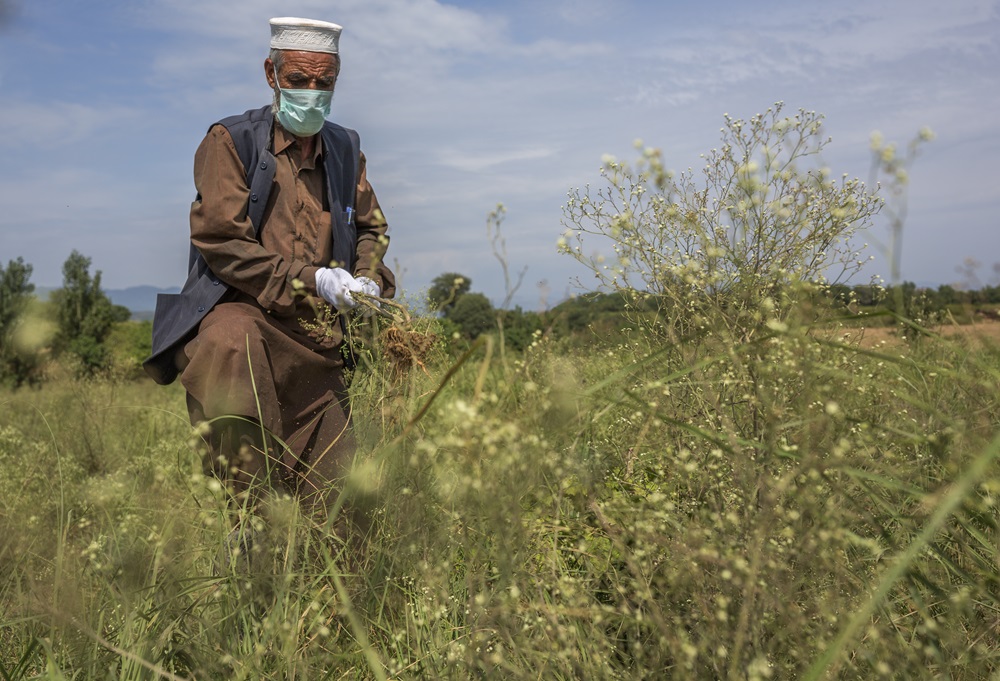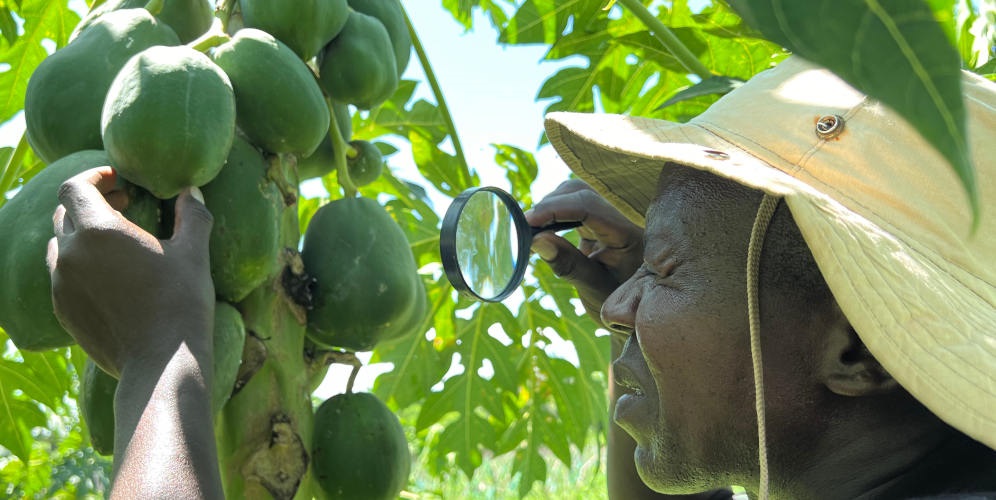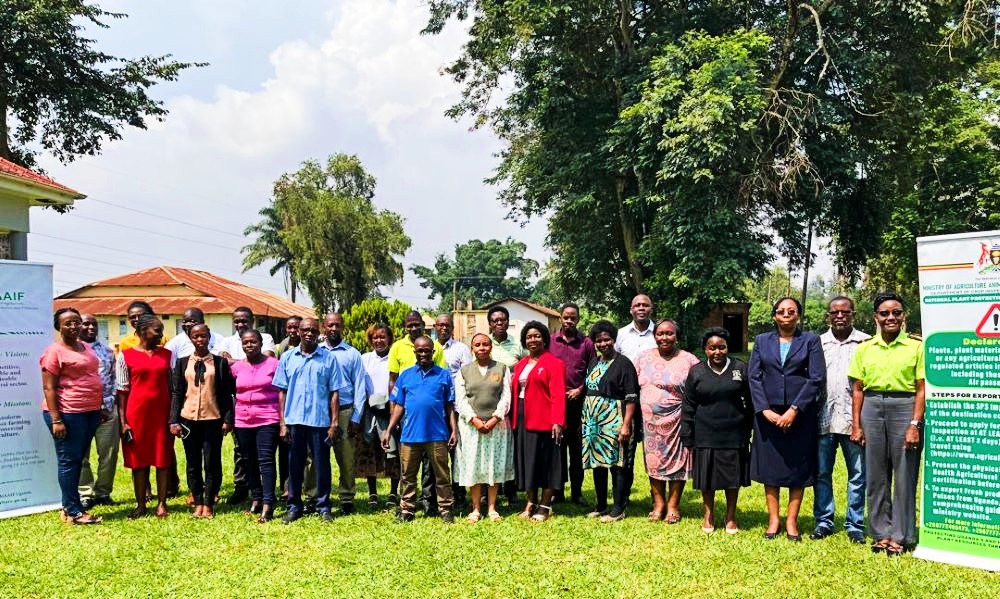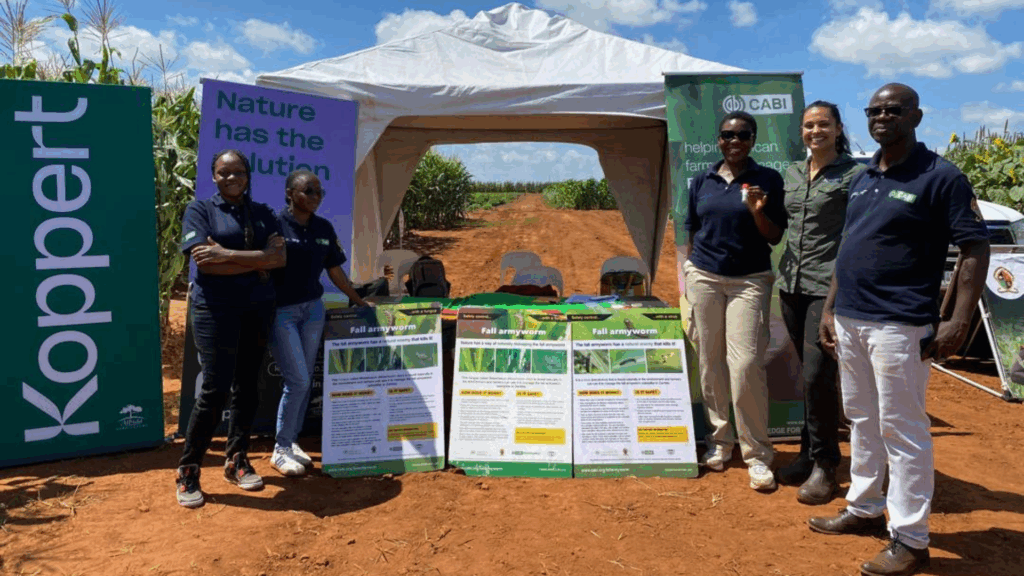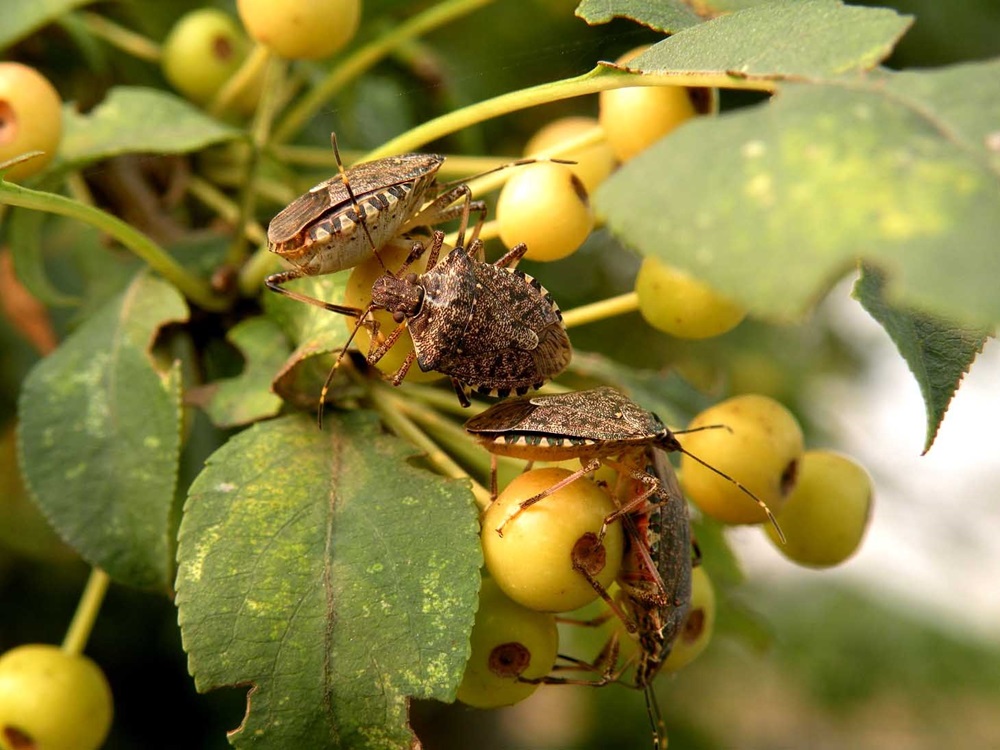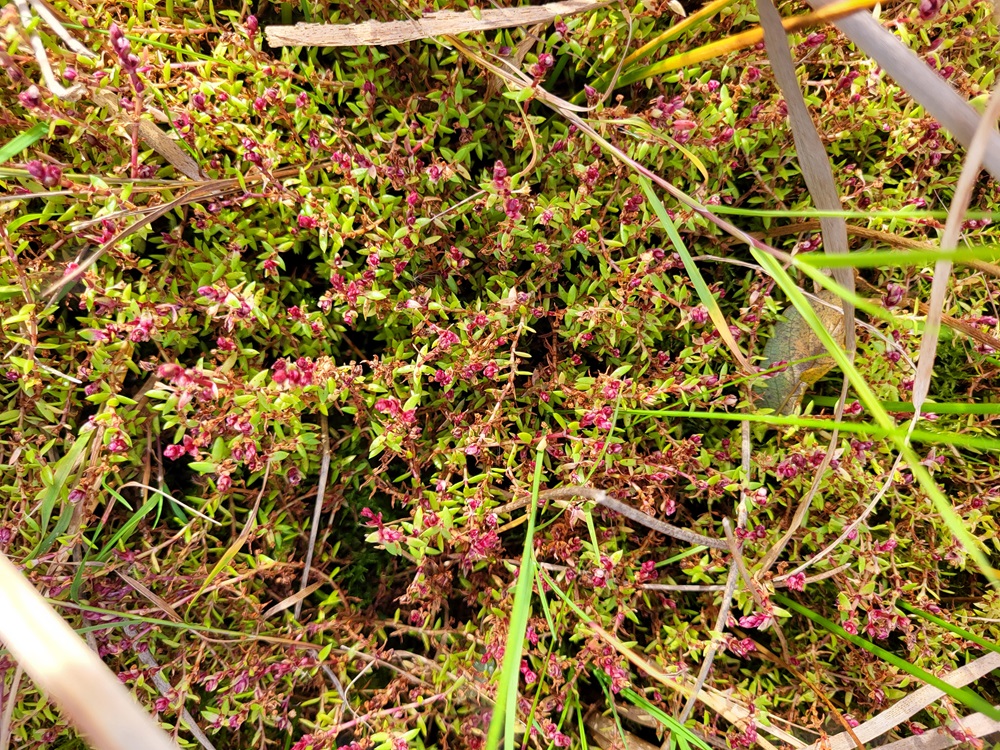Invasives Blog
You are here: Invasives Blog
Our most read blogs of 2025
December 18, 2025
Rolanda McGuire
No Comments
Study finds positive change in farmers’ perception of biocontrol following engagement in early stages of biological control initiative
October 29, 2025
Wayne Coles
No Comments
The silent invasion: A community’s fight to reclaim Its land from invasive Prosopis weed
October 23, 2025
Harrison Rware, Winnie Nunda
No Comments
Extension and research officers in Uganda and Burundi trained on scale insect diagnostics and management
August 5, 2025
Wayne Coles
No Comments
CABI-led study suggests women in Pakistan need greater access to information on parthenium weed
June 27, 2025
Wayne Coles
No Comments
Biological control in action: Zambia’s field days on fighting fall armyworm
June 11, 2025
Muyabango Liywalii
No Comments
CABI training prepares agricultural advisors in Kurdistan Region of Iraq for the invasive fall armyworm pest
May 8, 2025
Stefan Toepfer, Wayne Coles
No Comments
Study assesses lethal effects of pesticide residue on beneficial parasitoids and brown marmorated stink bug
April 17, 2025
Wayne Coles
No Comments
Nearly 25 years of research precedes release of seed-feeding weevil to fight garlic mustard in North America
March 31, 2025
Wayne Coles
3 comments
“Mitey” progress of Crassula biocontrol at RSPB Conwy, North Wales
March 18, 2025
Elizabeth Pendlington
1 comment
Subscribe
Find out more
For more information about CABI's work on invasive species, please visit www.invasive-species.org
Contribute
If you are active in the field of invasive species or development and would like to contribute to the Invasives Blog, please contact Donna Hutchinson. We are happy to post credible articles that we think would be of interest to our readership.
Views expressed in contributions do not necessarily reflect official CABI positions.
Archives
Categories
- Agriculture and International Development
- Veterinary and Animal Sciences
- Climate change and biodiversity
- Environmental Sciences
- Invasive species
- Plant Sciences
- Crop health
- Development communication and extension
- Digital development
- Economic development
- Food and nutrition security
- Gender and youth
- Publishing
- Value chains and trade

